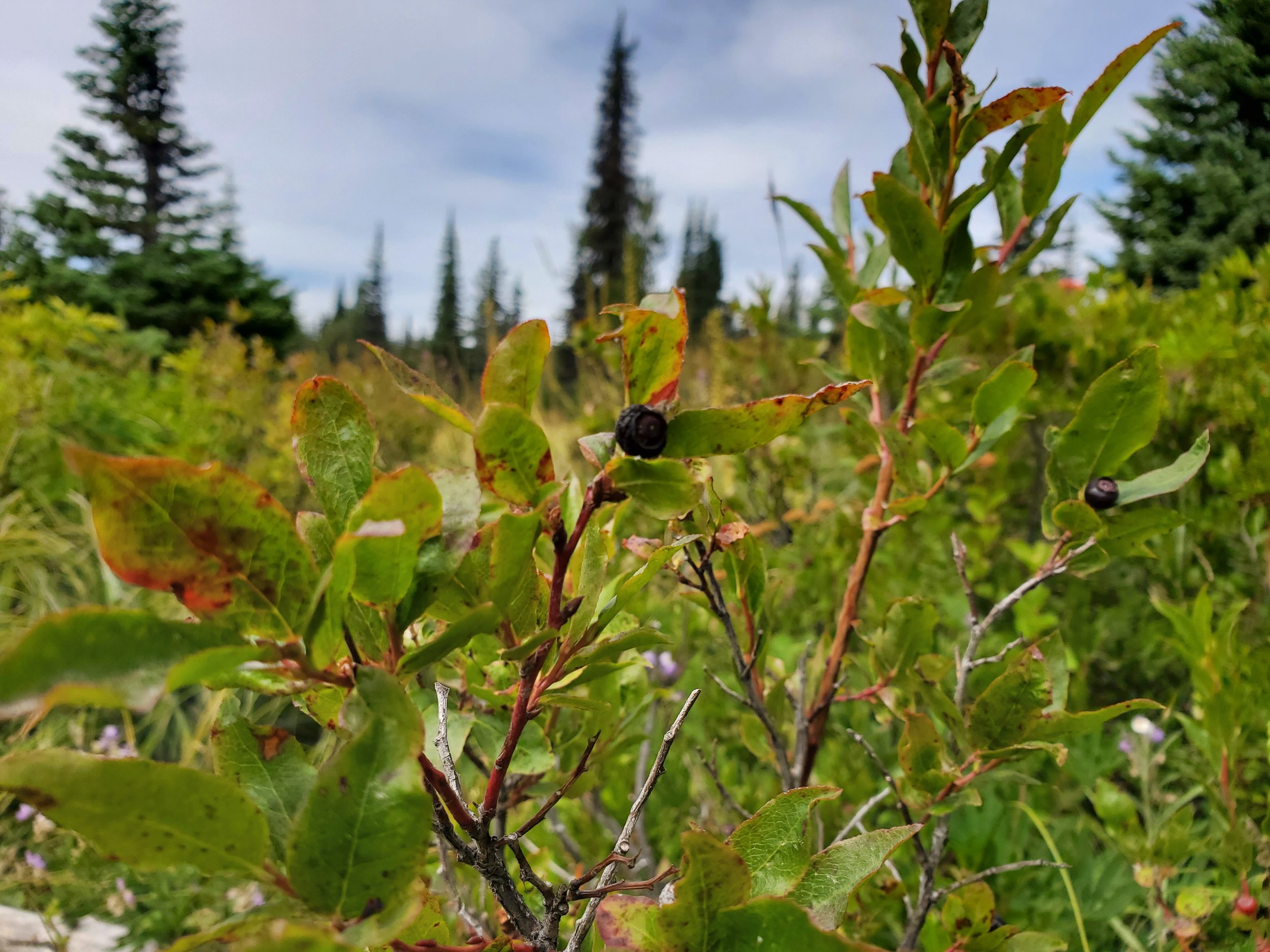
The Learning Journey
Photo by Gabe Sheoships.
Laying the groundwork for land justice.
The purpose of the Learning Journey was to shift the conservation community’s focus towards equity and justice for Indigenous people.
This process encouraged land trusts to work together in order to repair relationships, grant legal access, share and return land to Indigenous people.
The Learning Journey was a series of nine virtual sessions that took place from April 2021 to April 2022. These full-day sessions provided participants with an opportunity to learn from Indigenous leaders, Elders, and knowledge-keepers about various conservation issues that affect Indigenous people. Over 60 non-Indigenous land trust staff and board members representing 19 organizations participated.
Learning Journey Curriculum
Delivered by a combination of Indigenous and non-native conservation leaders, the curriculum covered topics directly related to conservation, with an emphasis on First Foods, and connected them to larger issues in Indian Country. The intent was to prepare participants for working with Indigenous people by providing foundational knowledge of the various perspectives and opportunities within Indigenous communities
This curriculum was developed after 14 months of outreach and interviews with land trusts, Indigenous leaders, cultural experts and cultural leaders, who shared their most pressing needs for land trusts to understand.
Session topics included:
Organizational Change & Allyship
Tribal History
Indigenous Wellbeing & Access to Land
Indigenous Land Loss
Decolonizing Conservation
Indigenous Partnerships
Harm & Privilege
Blood Quantum & Stolen Identity
Land Back & Land Trusts
Understanding the Indigenous Relational Worldview
Want to learn more about these topics?
Check out our resources page for more in-depth articles and learning materials.
Actions After the Learning Journey
After participating in the Learning Journey, land trusts were asked to continue their commitment to the purpose of the Oregon Land Justice Project by completing to the following steps to move into the action phase.
Land Trust Commitments:
Board-approved commitment letter to participate in the Oregon Land Justice Project including full participation in all future programming
Make a monetary contribution of at least $5,000 to the Indigenous Land Relationship Fund
Revisit bylaws, articles of incorporation, and dissolution language to include language around tribes being granted easements or land transfers
Consider adopting a policy or resolution to seek tribal consultation before acquiring a piece of land and prioritize consultation with federally-recognized tribes
Learn the usual and accustomed lands they operate on and recognize or incorporate these usual and accustomed lands into their conservation and land acquisition strategies


